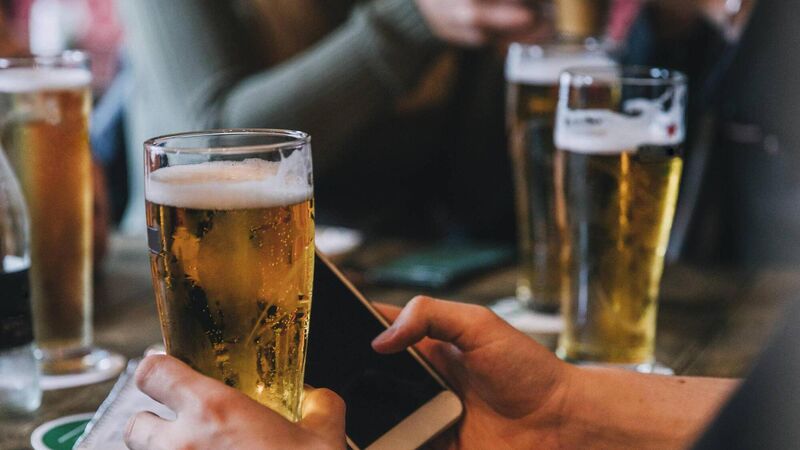Climate change making beer worse — but wine better

'Beer drinkers will definitely see the climate change, either in the price tag or the quality.'
Climate breakdown is already changing the taste and quality of beer, scientists have warned.
The quantity and quality of hops, a key ingredient in most beers, is being affected by global heating, according to a study. As a result, beer may become more expensive and manufacturers will have to adapt their brewing methods.
CLIMATE & SUSTAINABILITY HUB













